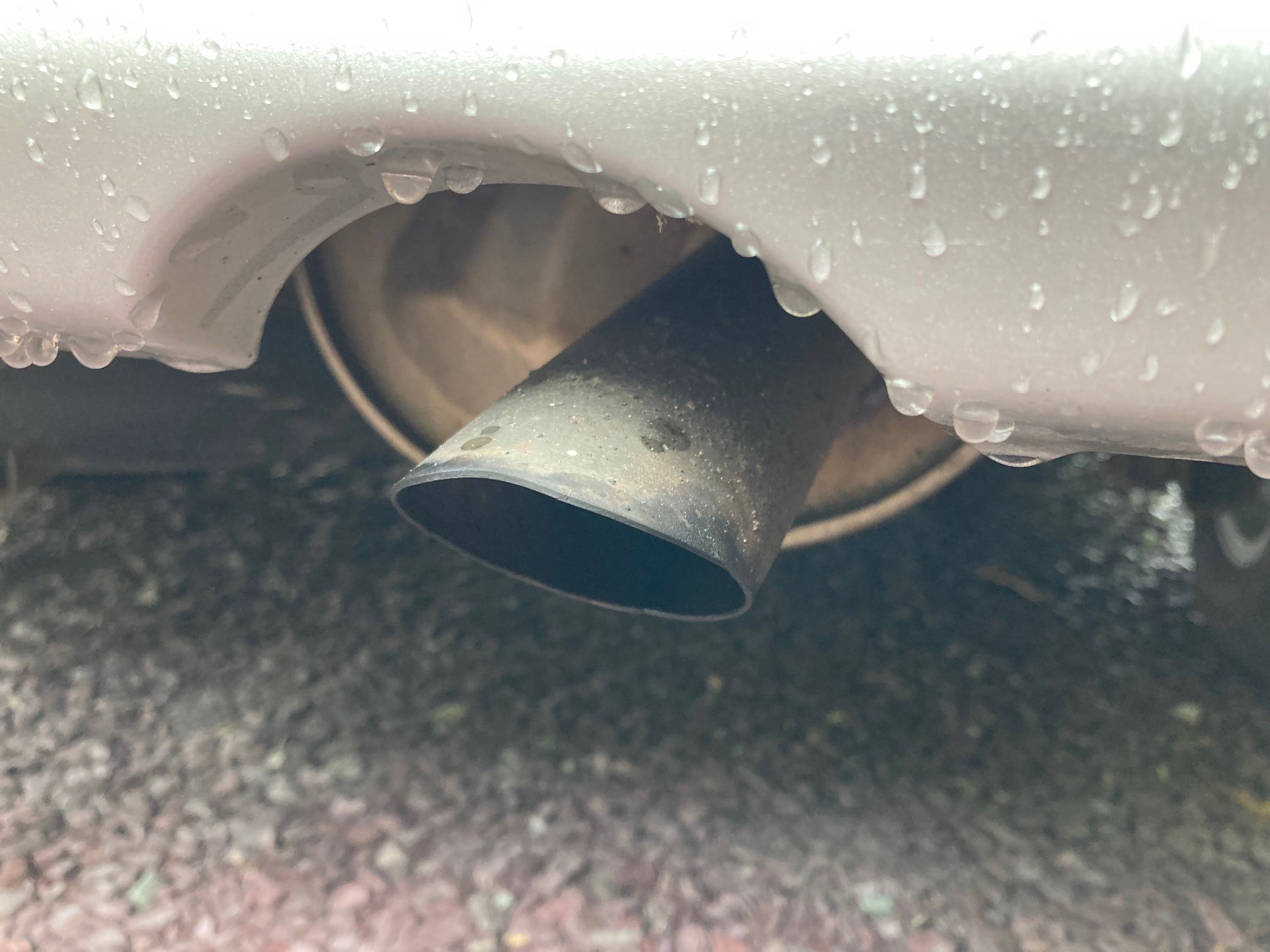How ULEZ Charges Affect Campervans

If you are using your campervan to travel around the UK, then clean air schemes may be a concern. The rules around Ultra Low Emission Zones (ULEZ), Clean Air Zones (CAZ) and Low Emissions Zones (LEZ) can seem confusing.
While ULEZ is the acronym that is most widely known, this technically only applies in London. Cities in the rest of England, namely, Bath, Birmingham, Bradford, Bristol, Greater Manchester, Portsmouth, Sheffield and Tyneside have Clean Air Zones (CAZ). All of these are currently operational.
Clean air Zones have four classes (A,B,C,D) and it is only zones C & D that affect campervans, which is currently all except Portsmouth. Click the links above to find out more information on the local charges and potential exemptions that are currently in place for each.
In Scotland, the areas covered are call Low Emissions Zones (LEZ), and those are Aberdeen, Dundee, Glasgow and Edinburgh. Only Glasgow is currently operational. The others start to charge from 1st June 2024.
The standards used to determine whether your vehicle is compliant are the same as they are for ULEZ in all areas, so for simplicity, we will refer to the clean air standards in this article as ULEZ, going forwards.
Different Rules In Different Areas
Many areas have their own rules over the clean air charges and schemes they use, some cities are included, others are not, while some devolved administrations have charges, while others others do not.
In England, the general approach is to charge non-ULEZ compliant vehicles for access to participating cities, to reduce the numbers of vehicles taking those trips
In Scotland, non-ULEZ vehicles entering participating cities are treated as rule breakers. If you take a non-compliant camper into Aberdeen, Dundee, Glasgow or Edinburgh, then you will be issued with Penalty Charge Notices (PCN). And if you repeat the mistake, they double in value each time a vehicle enters the city, starting at £60 and reaching a maximum of £480 for cars and light goods vehicles. They PCNs only return to the base level if you don’t re-enter the city for 90 days.
In Northern Ireland and Wales, there are currently no clean air schemes.
Is My Campervan Compliant?
One aspect of determining whether your Camper meets the regulations, is quite straightforward. All the charging zones use the same standards to determine whether vehicles comply.
- For petrol and hybrid campers, they have to comply with the Euro 4 Euro emission standard. Any petrol or hybrid vehicle registered from 1st January 2006 is ULEZ compliant.
- For diesel campers, they have to comply with the Euro 6 Euro emission standard. Any Diesel vehicle registered from 1st September 2015 is ULEZ compliant.
- Battery Electric Vehicles (BEV) are all ULEZ compliant.
Checking Compliance And Charges
As Wales and Northern Ireland are not currently participating in vehicle charging schemes, you can drive around their cities without charge. For Scotland and England, you need to check your charges.
Each nation has its own number plate checker website, which gives you the latest details of charges you can incur, and details of possible exemptions available, if you are not compliant.
- Scotland Checker: https://www.lowemissionzones.scot/vehicle-registration-checker
- England Checker: https://vehiclecheck.drive-clean-air-zone.service.gov.uk/vehicle_checkers/enter_details
National Exemptions
Nationally, in England, exemptions are granted for vehicles with either a disabled tax class or disabled passenger tax class. These tax classes are registered with DVLA and so are recognised automatically by ULEZ cameras with number plate recognition. Historic vehicles, registered at least 30 years ago, are also exempt, along with military and certain types of agricultural vehicles.
In Scotland, exemptions are in place for disabled or disabled passenger tax classes in addition to those receiving a reduction in the annual rate of vehicle tax due to a vehicle being used by a disabled person in receipt of Personal Independence Payments at the standard rate.
Blue badge holders are also exempt in Scotland, including in situations where the passenger that’s traveling in the vehicle has a blue badge, but not the driver themselves. However, for blue badge holders, they need to register each time on or before the day of travelling.
Find out more here: https://www.lowemissionzones.scot/blue-badge-exemption
Local Exemptions
In both England and Scotland, each locality has their own discretion to set local exemptions. One exemption of particular interest for motorhomers is if their vehicle is classed as a large vehicle.
Most campervans are treated as small vehicles, but motorhomes may incur much higher charges. However, motorhomes can sometimes apply for discounts on a region-by-region basis, such as in Bristol, by checking the local rules and applying online, with photos of their vehicle and a copy of their V5 document.
The Future
Whether you see these charges as an inconvenience or a necessary part of improving inner city air quality, they appear to be here to stay, and the regions continue to expand.
While Greater Manchester is currently reviewing ULEZ charges, and Cardiff and Belfast have no plans for schemes, we can expect to see Low Emission Zones extend the range of types of vehicles that can be charged, along with their geographic extent.
